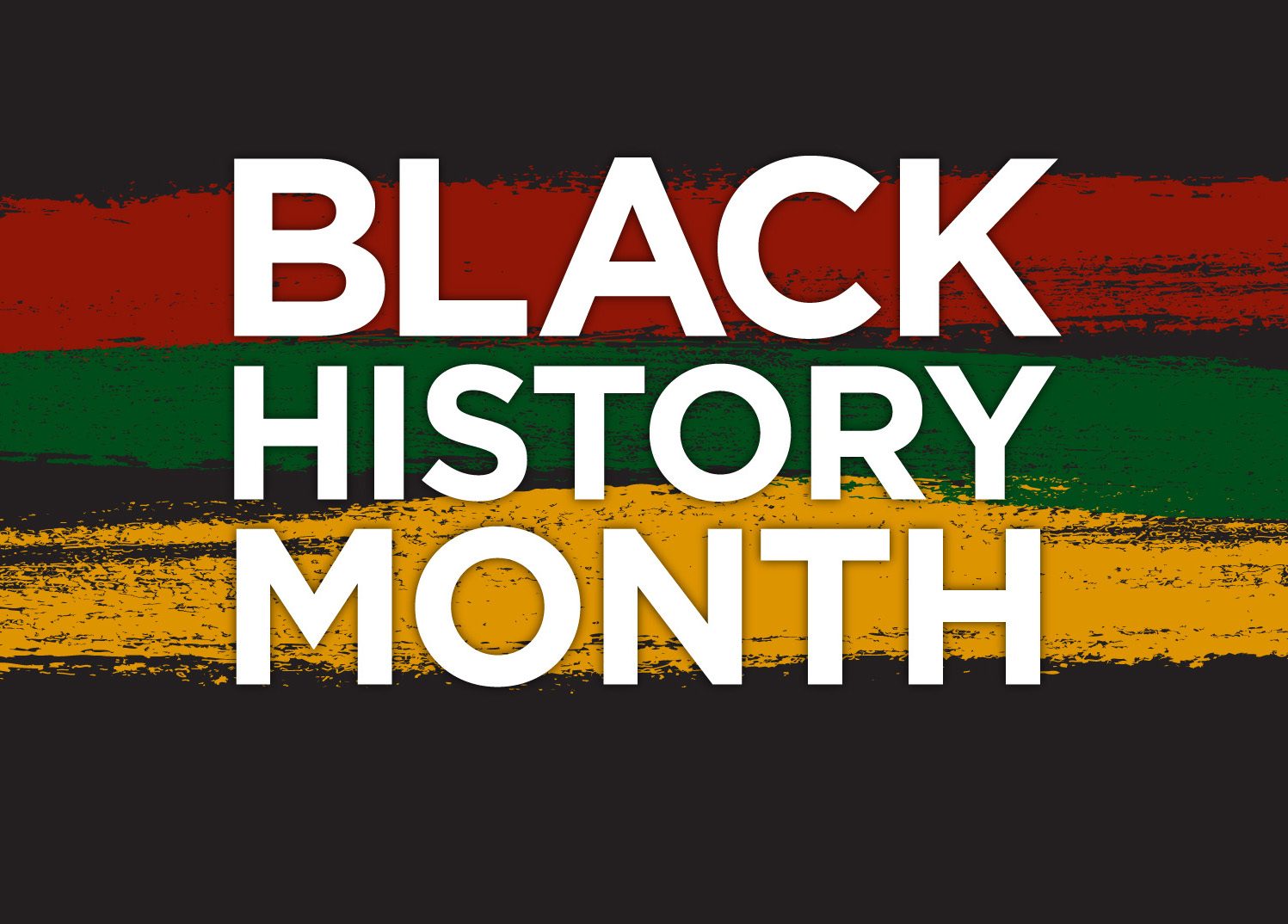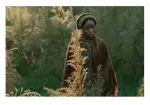February has been designated Black History Month by every president of the United States since 1976. The month-long celebration, which is also recognized in Canada and the United Kingdom, is dedicated to acknowledging the achievements and contributions of African Americans to our country throughout history, which include anything from breaking color barriers in sports and academia to electing the first African American president of the United States.
The black community celebrates Black History Month every year, but its significance reaches beyond the boundary of race. Not only the black community, but everyone should pay attention to this month’s celebrations and activities for their symbolic meaning of justice and equality.
People of any race or ethnicity can and should participate in Black History Month by recognizing and celebrating champions of peace and justice, who aimed at realizing the promise of liberty and justice for all by overcoming adversity and oppression.
If you cannot attend a formal celebration of the month, educating yourself and other individuals of the color barriers broken in the past and ones existing today is also great way to honor Black History Month.
True recognition of the importance of Black History Month, however, requires an understanding of the role African American plays in making our country what it is today, and this will require some effort. Too often, these iconic individuals are left out of history textbooks and conversations, but it doesn’t mean they were wiped from our life.
Literature and film are great sources of obtaining an authentic viewpoint of black history, which emphasizes in accurate depiction of historical hardships and accomplishments that were instrumental in social change and racial justice.
One of the most recognized films of this topic is “42” by Brian Helgeland, which tells the story of Jackie Robinson, the first African-American baseball player to appear in the major league.
Despite his undeniably exceptional skills, Robinson was hindered by racism from fans, broadcasters and his own teammates in the pursuit of his baseball career, yet he overcame all of the obstacles and became one of the most recognized players in history.
He finished his career with a league-wide retirement of his number (42), an induction into the Baseball Hall of Fame and annual celebration of Jackie Robinson Day on April 15 with all players, coaches and managers wearing number 42 on their jerseys.
Today, not only players but also fans of all races and across the league celebrate Robinson’s memorable career and his major league debut. His debut has ended almost 80 years of what was known as the baseball color line and paved the way for some of the greatest players, such as Willie Mays and Hank Aaron, to freely participate in the major league alongside men of lighter skin tones.
Another movie about the hard-earned success of African Americans is “Hidden Figures” by Theodore Melfi. The 2016 biographical film showcases the life three brilliant African-American women working at NASA, Katherine Johnson, Dorothy Vaughan and Mary Jackson, as they fight to reach their dreams and get recognition of their achievements.
The three women served as the brains of one of the greatest scientific operations in history — the launch of astronaut John Glen into orbit — yet remained “hidden figures” due to discrimination against their gender and skin color.
The story of those human “computers” that calculated by hand the equations that allowed astronauts such as Neil Armstrong to travel into space and return home safely blends in perfectly with the month’s theme of celebrating under-appreciated contributions from the black community.
The protagonists of these two movies represent the pioneers of breaking the color line in the U.S. Honoring these individuals and including them in the narrative of our history serves as not only a lesson of the past but also a guide to the future.
Through the celebration of this month, children, friends and neighbors can find their representation in the country’s history and the inspiration to shatter barriers and develop to their true potential. These iconic and barrier breaking African Americans, such as Jesse Owens, Maya Angelou, Barack Obama, Beyoncé Knowles, Muhammad Ali and Ida B. Wells, show communities how strong the country is when people overstep discrimination.
Don’t forget to educate those around you about the meaning and importance of Black History Month. When you hear a conversation on sports, music, politics, literature or other components of culture and the legends and pioneers of them, step in and include the African Americans that are often left out of these conversations and lessons.
Finally, as much as people can celebrate the victories made in racial equality, progress still needs to be made to realize the dream of equality for all. Everyone can be a viable advocate for equality and justice in the future with proper education and dedication, so don’t be left out of the conversation
So, where do people of other races fit into Black History Month? They fit in by recognizing the month and its importance in inspiring progress for all seeking equality.
Continue to educate yourself on these contributions and accomplishments. Educate yourself on social issues and inequalities faced by the African American community and do what you can to create a better and inclusive future.
Address the racial wage gap and discuss how this discrimination can be addressed and what changes can be made. Attend meetings and listen to political figures speak. Tell those in power the people want equality, and vote for those who plan to address racism and inequality head on and prioritize minority communities.
All in all, celebrate this historical month by honoring the efforts of those that came before the current generation, those creating change and inspiring those who have yet to come by including African Americans in all narratives, and considering that injustices against any race an injustice to every race.

















